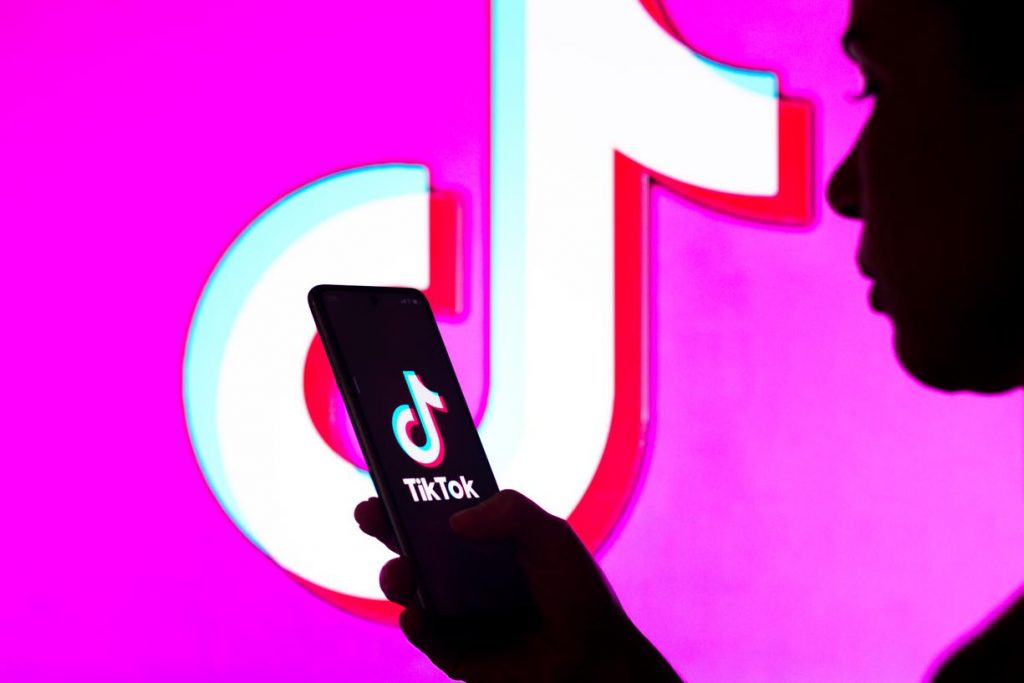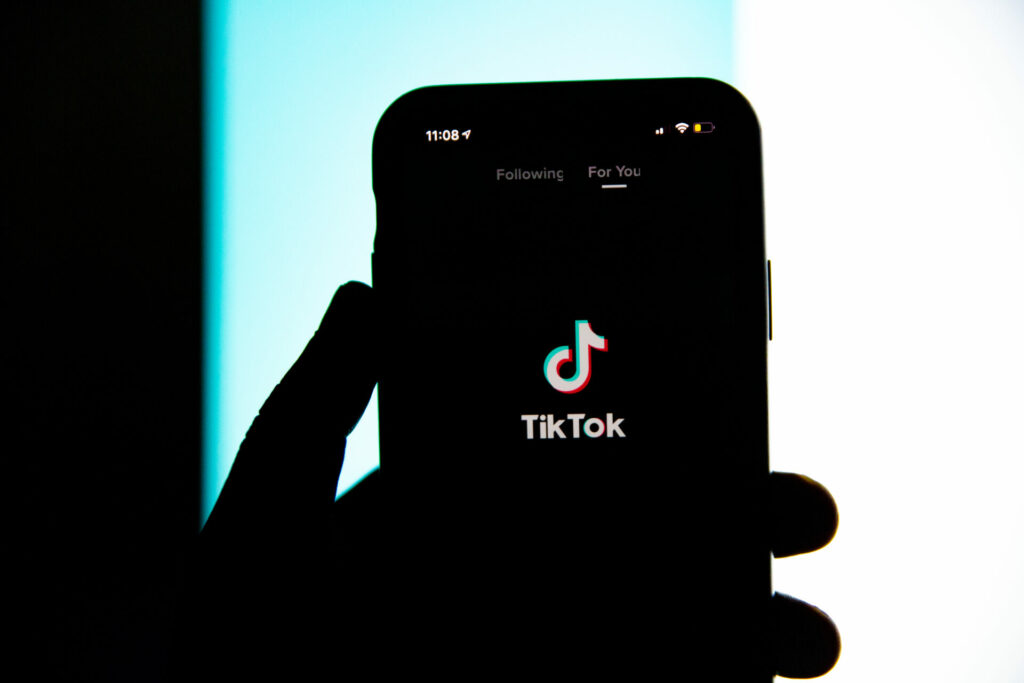Following a mass ban of the Chinese social media app TikTok from professional phones at the federal and European levels, the Flemish Parliament announced on Monday that it is also banning TikTok on professional computers and smartphones of MPs, political assistants and the parliament's services staff.
The ban applies to all devices whose purchase, subscription or use is partially or fully paid for by the Flemish Parliament, Belga News Agency reports. For personal devices used for professional purposes, the Extended Bureau (which draws up the agenda of Parliament's plenary sessions, among other things) strongly recommended not installing the app at all or uninstalling it if an account has already been made.
However, while trust in the Chinese technology company has rapidly dwindled in the political space, some Belgian politicians have opted to continue using the app – albeit with caution and on a separate device.
Essential for elections
While some politicians heeded the National Security Council (NSC) warnings and deleted their accounts or uninstalled the app from their devices, those who did not do so seemingly fall into at least one of three camps, Le Soir reports.
On the one hand, there are politicians such as Belgian Prime Minister Alexander De Croo, who has defended keeping his account active to ensure no one else can use the handle (the name of the account). Apart from ensuring he is the only true Alexander De Croo on the platform, the Prime Minister does not use the app.
On the other are politicians such as party leaders Georges-Louis Bouchez (of the Francophone liberal MR) and Paul Magnette (of the Francophone socialist PS) who consider uninstalling the app unthinkable a year before the elections, claiming that it allows them to be closer to the people.

TikTok app. Credit: Belga
"The role of a party president is to go and find a new public and to convince it. TikTok allows us to reach young people or people who are less political at the beginning," Bouchez said, adding that there has been no proof to back the claims that the app is dangerous. Still, he told his ministers to remove the app as a precaution and admitted that he himself may change his stance were he to attend an online NATO or NSC meeting.
The third group, of which Defence Minister Ludivine Dedonder is a part, only sees a problem with having the social media platform on the same phone they also conduct business with, and therefore use the app on a separate device.
This, however, is not a convincing argument, said Xavier Degraux, a specialist in social networks. "If you have TikTok in your pocket, even if it's in your advisor's pocket, the phone stays close to you," he told Le Soir. "The second smartphone – even if it is correctly set up, which should be the basis for everyone – must by definition be in contact with the politician at some point, which is hardly reassuring."
Not on parliament WiFi
Importantly, no studies have yet proven without a doubt that TikTok is the snitch it is painted to be, but the general consensus seems to be that there is enough suspicion around the app to approach it with caution.
While many announcements about the app have been made over the past few days, a clerk of the Brussels Parliament told Le Soir that ultimately, the decision to remove the app must be voluntary: the parliament has done what it can to limit its use by preventing the app on parliament WiFi.
Related News
- TikTok parent company admits to using data to track journalists
- Brussels Parliament also blocks TikTok, including for visitors
Nothing can be done to stop members to use TikTok via 4G and there is no plan in place to check each device to ensure the app has been uninstalled.
TikTok is a social media platform known for videos of a few seconds to a couple of minutes, and is owned by China's ByteDance. It has been under fire since admitting that some employees had access to data of US and European users. The Federal and Walloon governments and the European institutions have already banned the app.

